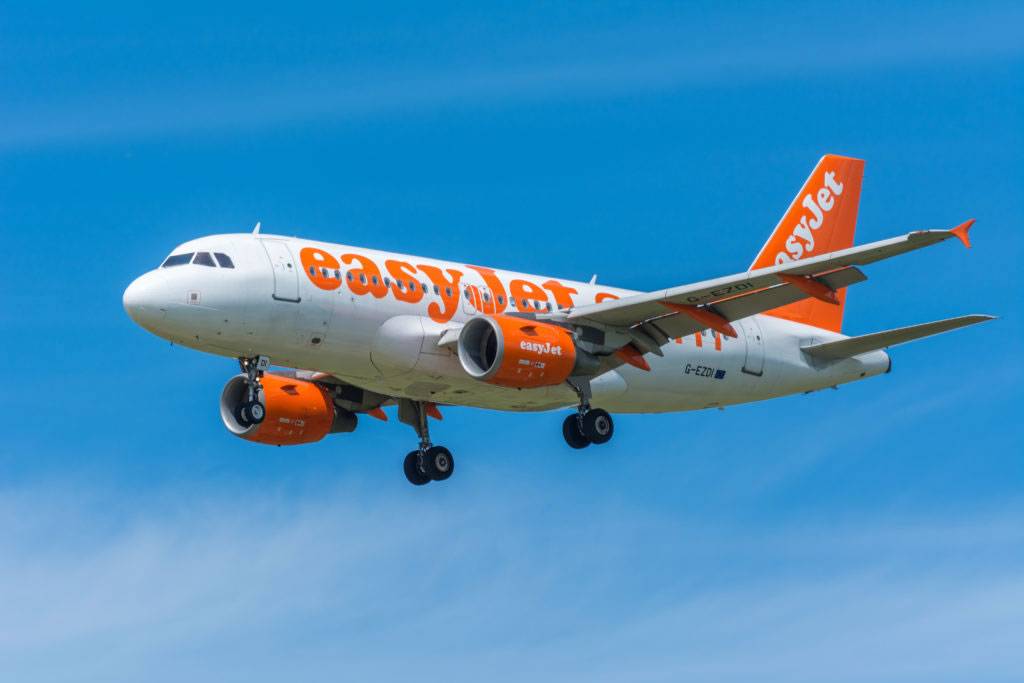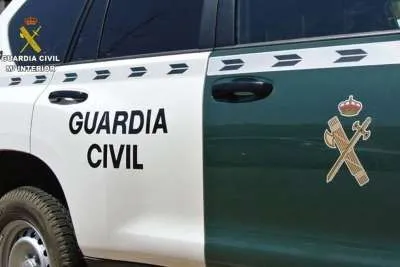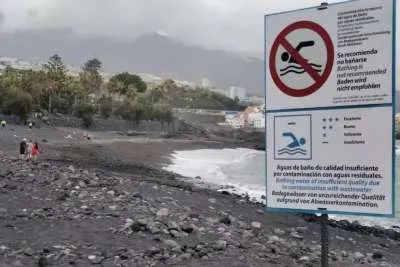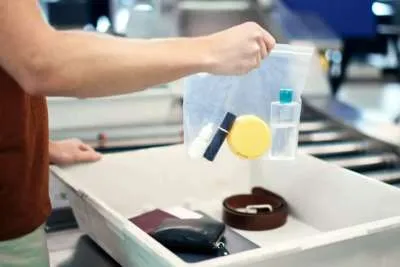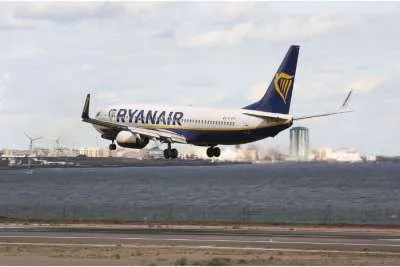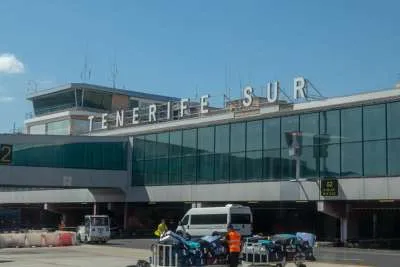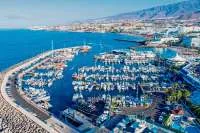Disruptive passengers on flight from Liverpool are deported
- 26-04-2023
- Travel
- Canarian Weekly
The British tourists who “caused a brawl” on an easyJet flight from Liverpool to Tenerife on Saturday have already been sent home from the island, and in fact, their stay was less than 24 hours after their extradition back to the UK was ordered so they can be charged and fined accordingly there, rather than here.
Air traffic controllers warned on Twitter that they were giving flight EZY3365 priority to land at Tenerife South Airport after the cabin crew reported that “a dozen passengers were causing problems” and requested police presence upon landing.
The USCA spokesman in the Canary Islands, José Luis Feliu, confirmed that "if a plane asks for priority landing, space is found for them, and they are attended to so that they land as soon as possible. The crew calls us; we, from the central control centre, call advice to the relevant control tower. The protocol has to be fast and coordinated with the police ready for them on the runway.”
The airline released a statement about the incident saying: “EasyJet can confirm that flight EZY3365 from Liverpool to Tenerife on 22nd April was met by police due to a group of passengers behaving disruptively onboard. EasyJet’s cabin crew are trained to assess and evaluate all situations and to act quickly and appropriately to ensure that the safety of the flight and other passengers is not compromised at any time, which is always easyJet's priority.”
Civil Aviation Law:
The air safety law establishes that anyone detained for causing disruptive behaviour on a flight, can either face a fine, a prison sentence, or a judge can order extradition so they can be tried in the country where the airline is registered.
Disruptive passenger behaviour is one of the main reasons for aircraft diversions, and airlines have the right to refuse anyone to board a plane. Disruptive behaviour in-flight or on the ground can affect your safety and the safety of fellow passengers. Besides safety implications, it can have serious consequences.
The punishment for disruption varies depending on the severity. Acts of drunkenness on an aircraft face a maximum fine of £5,000 and two years in prison. The prison sentence for endangering the safety of an aircraft is up to five years. Disruptive passengers may also be asked to reimburse the airline for the cost of the diversion. Diversion costs typically range from £10,000 - £80,000 depending on the size of the aircraft and where it diverts to.
Examples of unacceptable behaviour:
- Drug/alcohol intoxication.
- Smoking or vaping.
- Threatening, abusive or insulting language to crew or other passengers.
- Acting in a disruptive manner.
- Endangering the safety of aircraft or other persons.
- Refusal to allow security checks.
- Disobeying safety or security instructions (not sitting down, no seatbelt etc).
Unfortunately, it is always a few people that tarnish everyone else with the same brush. In the last week, there has been this incident, and another of a drunken man urinating in the cabin on a flight from Glasgow to Tenerife that had to land in Faro so he could be detained, causing a 24-hour delay for other passengers and the knock-on effect to other flights.
These incidents only add fuel to the fire in the ongoing argument about ‘quality v quantity’ in tourism, which always causes strong opinions. However, ask yourself, do you honestly want people who act in this way in your hotel during your holiday with you?
Other articles that may interest you...
Trending
Most Read Articles
Featured Videos
TributoFest: Michael Buble promo 14.02.2026
- 30-01-2026
TEAs 2025 Highlights
- 17-11-2025


